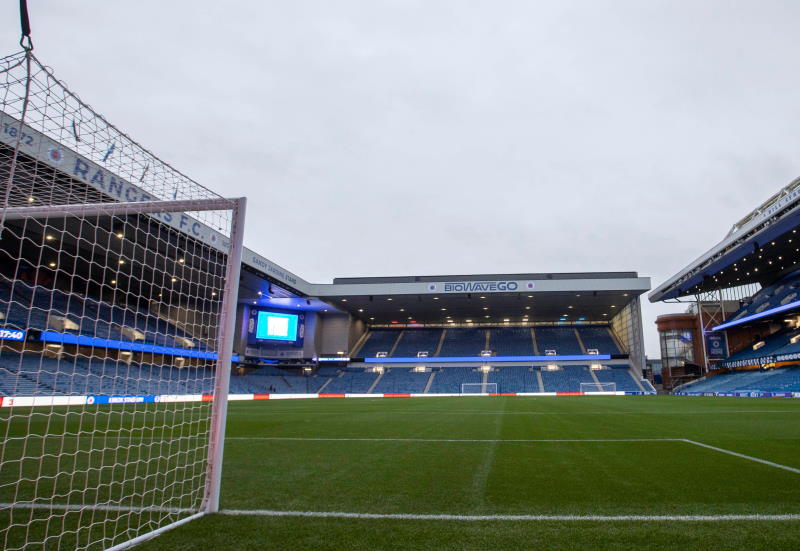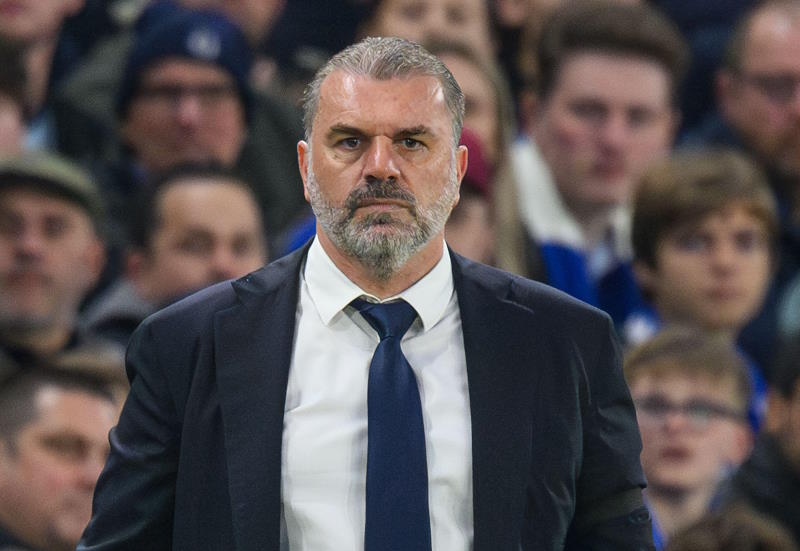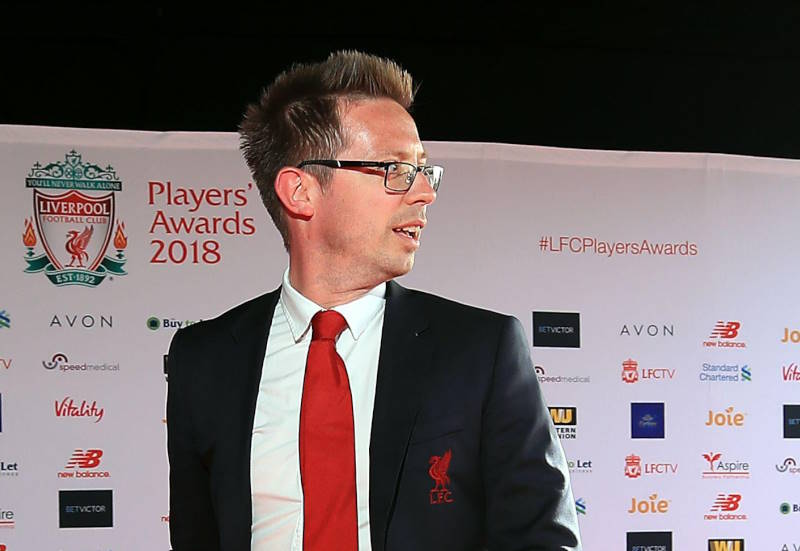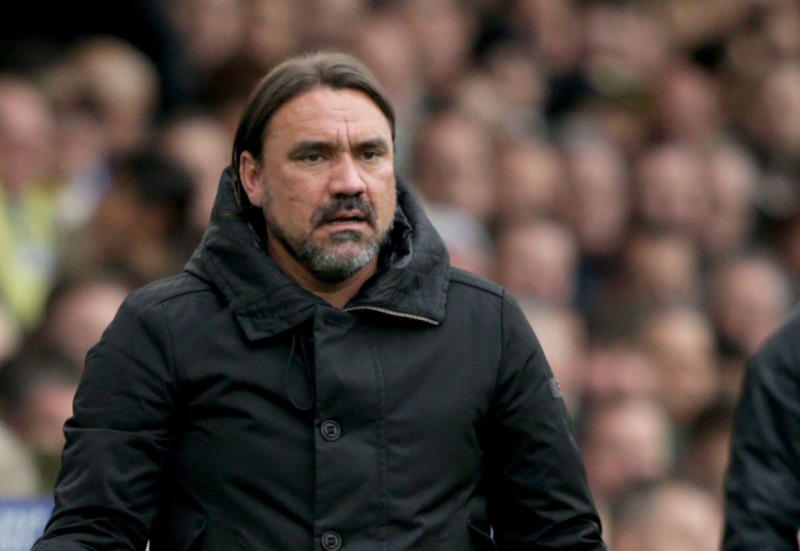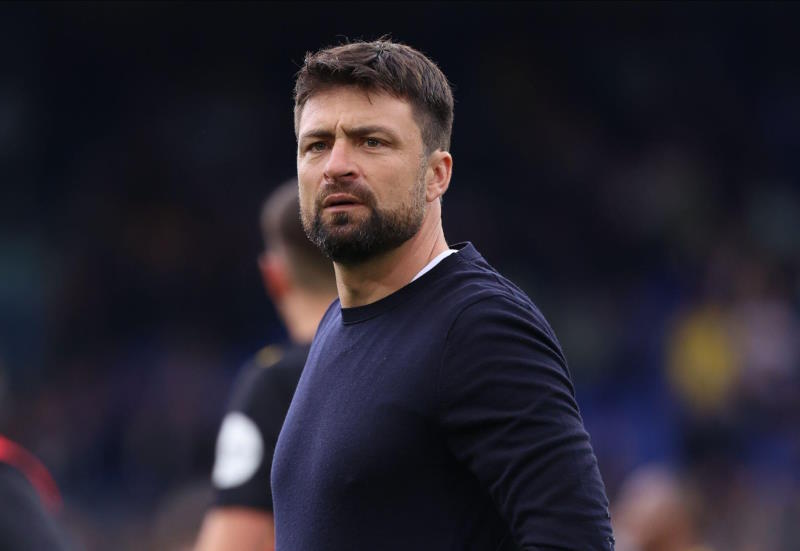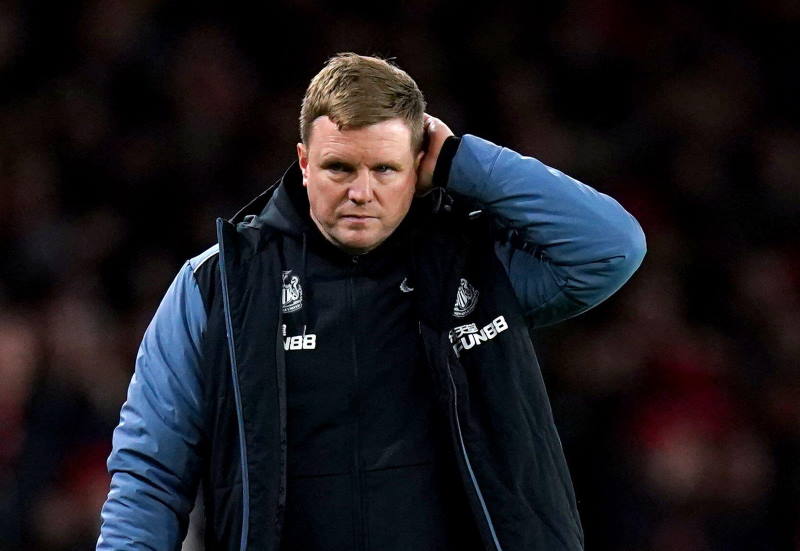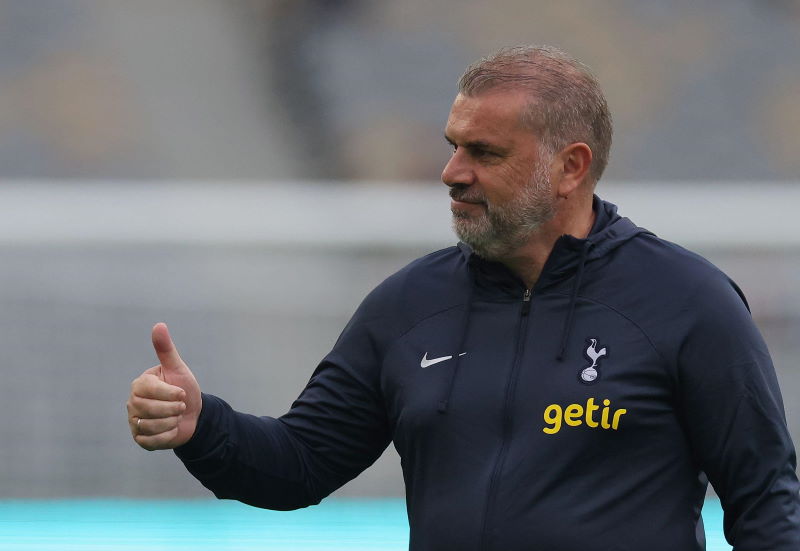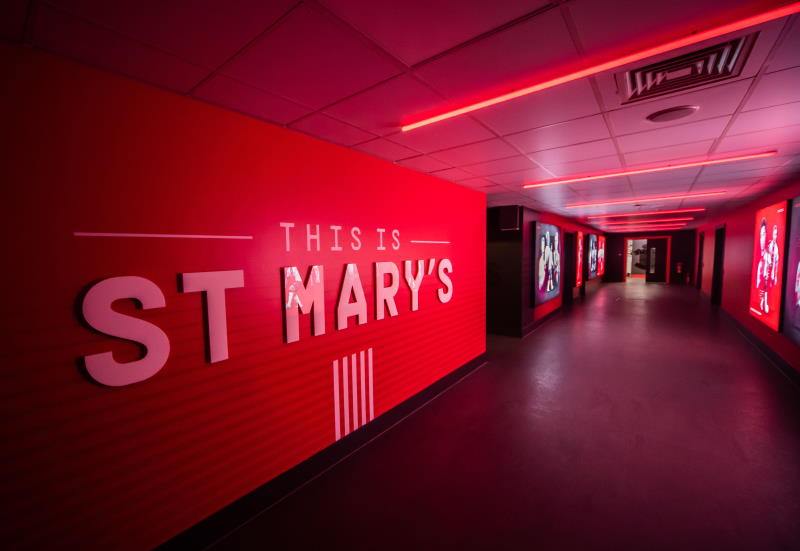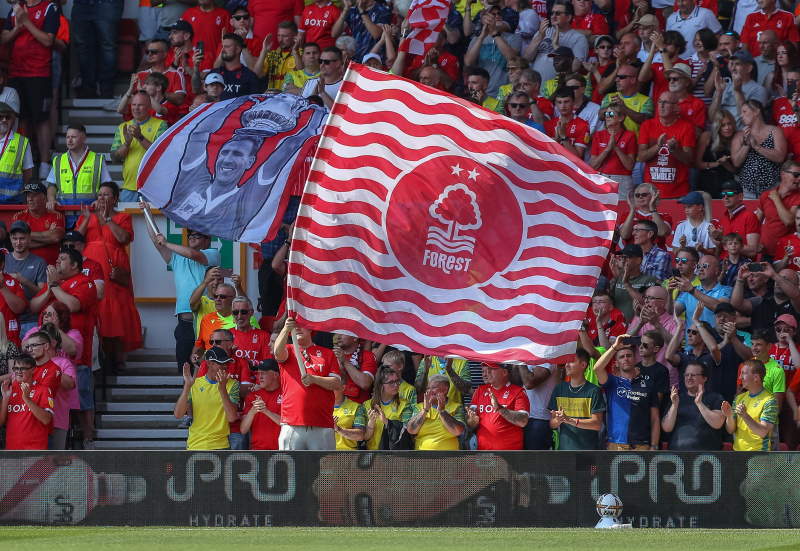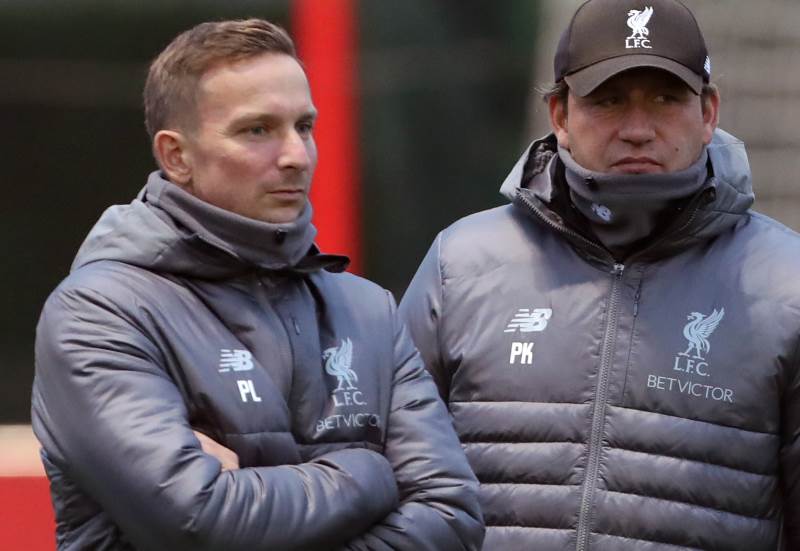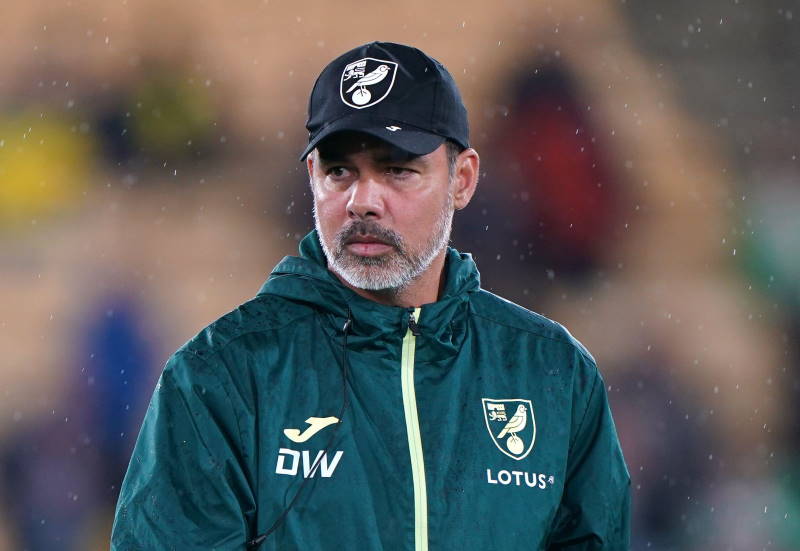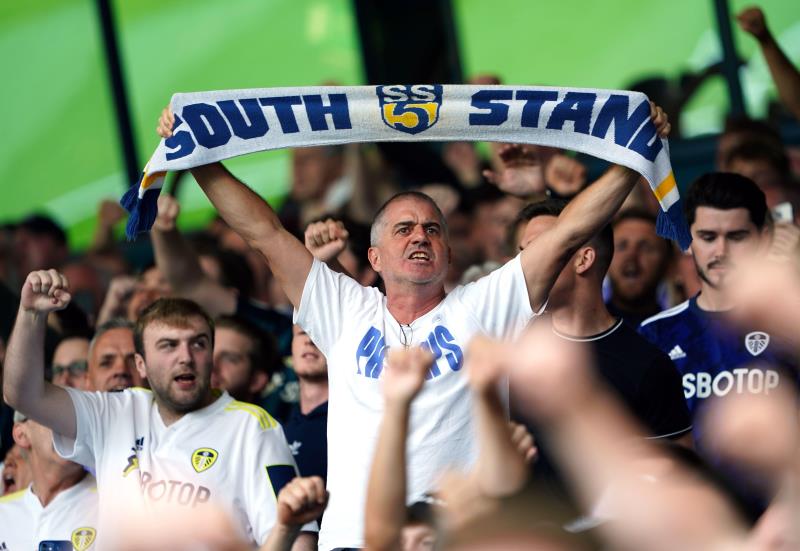
Tom Mukherjee
With a very eventful 2008/09 club football season nearing an explosive climax, Arsenal fans are wondering more than ever if it’s going to be a fourth consecutive trophyless year for the Gunners. If it ends up being so, it’ll look very much like the three previous seasons: many promises, big build-ups, then losing it on the last few laps, followed by Wenger’s promise of a better future and call for patience.
If a season has the scale tilted more to the other side of success, the manager’s decisions are sure to be contested. In Arsenal’s case it looks more than that generic statement this year, even if the boss is a living legend for the world famous club. There are at least five cases this season where Wenger’s decisions are a touch more than just debatable.
1. Is it Wenger who lost Arsenal the FA Cup?
The FA Cup was Arsenal’s best bet for silverware this season. The Wembley semi-final was the fifth game in 15 days for the usually harrowing end of season build up of games for the teams still in cups. And then, Arsène Wenger fields a team that misses the most fluent defensive midfielder and the most rested (also arguably most talented and doubtlessly the costliest) attacking midfielder.
His critics were proved right this time. Arsenal lost the game and the midfield battle in a lacklustre performance against an almost equally tired Chelsea side. Wenger did bring Arshavin on late in the second half, but that was too late, and Alex Song never had a chance even though the Arsenal defence were more than poor. And why does Wenger persist with Denilson match after match after match?
Whatever way one looks at it, no earthly logic can be found behind this team selection. Even Wenger didn’t try to justify much post match. Good for him, because if he did, it would have sounded comical after the Russian mini-dynamo scored four against Liverpool at Anfield.
2. Why didn’t Wenger strengthen his defence in the summer?
In the 2008 summer transfer window, Arsenal lost defensive midfielders Mathieu Flamini and Gilberto Silva, and also loaned out centre-back Philippe Senderos. In the 2007/08 season and before, Arsenal’s defensive strength came under scrutiny many times as Wenger sold Patrick Vieira, Sol Campbell and Ashley Cole in controversial circumstances; and could never completely manage to fill those massive voids. In 2007/08, Flamini was remarkably consistent in a Vieira-like role of holding midfielder, but then he also left for Milan.
So who did Wenger bring in to create a defence that could help end a three-year trophy drought? Manchester United cast-off and injury-ravaged Mikael Silvestre.
What followed was a string of unexpected losses, to Stoke City, to Hull City, and to Burnley. Wenger tried to create a Flamini out of the promising Song, which didn’t work out until almost the final months of season. In ex-Arsenal Emanuel Petit’s words, "He (Fabregas) was looking everywhere for Flamini but he was at Milan" And the back-four? Silvestre spent most of season on physio’s table or the bench, and whenever he did manage to take to the pitch fans soon wished he hadn’t. The Gunners faithful are still trying to forget the Gallas episode which cost the French defender the captaincy and Arsenal stability for a good part of the season.
Again conventional logic fails to explain what Wenger’s plan was for his defence. Even if he had any, it didn’t bear fruit until very late on when Song finally started to deliver. By then though the Premier League was already out of the question.
3. Winter window activity far from perfect?
In January 2009, after possibly the longest transfer saga in Premier League history, a pint-sized attacking ball-player arrived from Russia. Most pundits said Arsenal didn’t need another attacking midfielder, and he was far from match fit. The hard-working Russian, however, started to deliver from the very first game and injected such enthusiasm in to the players and fans. This was definitely a large part of Arsenal’s late-season charge.
So does this winter activity prove Wenger’s wisdom more than ever? Come the end of the season, the consensus might be to the contrary. Fans might say Arsène is one of those who refuses to get wise after getting robbed for the first time. The reason is simple, there’s still no single defensive signing.
The result? After the regular back-four gets depleted with injuries in April, Arsenal painfully find out they don’t even have an adequate bench of defenders to call upon. Kieran Gibbs somehow filling in for Gael Clichy, and Bacary Sagna looks part unfit, part tired. Again, Wenger didn’t try playing the in-form Alex Song as a central defender, that’s another decision that defies convention, and proving to be far from correct.
A man of Arsène Wenger’s stature needn’t be reminded by any layman the importance of squad strength. But a faithful Gunner might end up wondering why Wenger hasn’t fixed this lack of depth sooner.
4. What’s more important, silverware or grooming talent?
For a good team that has gone without silverware for three years, their manager should try to win at least one trophy that can act as a huge boost for the club. And what’s the easiest trophy in England, if any? The League Cup, or the Micky Mouse Cup, as some people like to call it.
Whatever the name, top English clubs fight for it every year. Arsenal reached the final in 2007, and lost to Chelsea. The two teams’ approach was very contrasting in that final. Chelsea fielded their first team; Arsène Wenger however stuck to his young reserves, and lost.
At that time, Arsenal were in re-building mode after big names departed one-by-one. A trophy would have been a stepping stone for a team whose first eleven was very very young. Wenger defied conventional wisdom again, and after four years, his team is still in its nascent stage, and without silverware.
All of the ‘big four’ use the League Cup to test young players and reserves. Chelsea do it with perhaps the least shuffling from their first team however, and Manchester United and Liverpool do it with a balance, keeping experience in the side. Arsène’s approach is quite extreme as there are few first-teamers in his League Cup sides. So the obvious question is; what should be the priority for a team, silverware or grooming talent?
No, not just that. The actual question is, what’s the priority for a team without any trophy for three years?
5. Is money the real problem for Wenger?
The Arsenal management clearly answered this many times with a no.
There are many matters related to Arsenal’s finances that remain unclear or are ill-perceived by most football followers. It’s true that Arsenal’s debt position is not very comfortable, especially when the plan for re-paying the Emirates Stadium debt with the Highbury Square development hit a roadblock due to the housing market collapse. Though it hurts the holding company, it doesn’t impact the club’s books directly.
Still, Arsène’s youth and wage cap policies were driven with the notion of Arsenal staying independent in times of financial re-structuring. Until now Arsenal have remained a force in England and Europe, and the future signs are also very encouraging with the Emirates becoming the money-spinner the management wanted it to be. But then, Arsenal stopped just short of being great due to, according to many, the professor’s stubbornness.
Take the case of Flamini leaving as his wage demands were not met. Or target replacements (like Xabi Alonso) not being bought because their asking price was too high. The club provided Arsène with the money, but the coach didn’t budge from his self imposed spending cap. Of course, no player is bigger than the club, but in this case the actual cost was the priceless balance of the midfield. Moreover, Flamini was a home-grown talent, if the club can’t keep him, then their whole youth policy becomes meaningless.
Chairman Peter Hill-Wood and others have clarified many times that they’re ready to provide Wenger with whatever is required in the transfer market, only for the coach to decline. So in reality it does not appear to be a lack of money that is stopping Arsenal.
The Professor’s way – Between stability and complacency
Arsène Wenger’s era at Arsenal will remain an intriguing subject for football enthusiasts everywhere. So many pros; including great signings, great team building, becoming an English superpower, almost becoming a European superpower too. But then, some cons that keep the Gunners from crossing the final frontier. Becoming a living legend, the Numero Uno, has its downsides. Nobody challenges you, you have learnt to shut your ears from nay-sayers; and most worrying of all, complacency slowly starts to set in. Has Wenger de-prioritized winning a bit in all that jumble of policies? The recent lack of physicality and drive in his team’s body-language may indicate just that.
And it may also tell something directly to Wenger, no trophy means no fruit from all the years of great effort. Arsène knows… well… almost always. The only question is, is the Professor still young enough at heart to question himself?

